Education
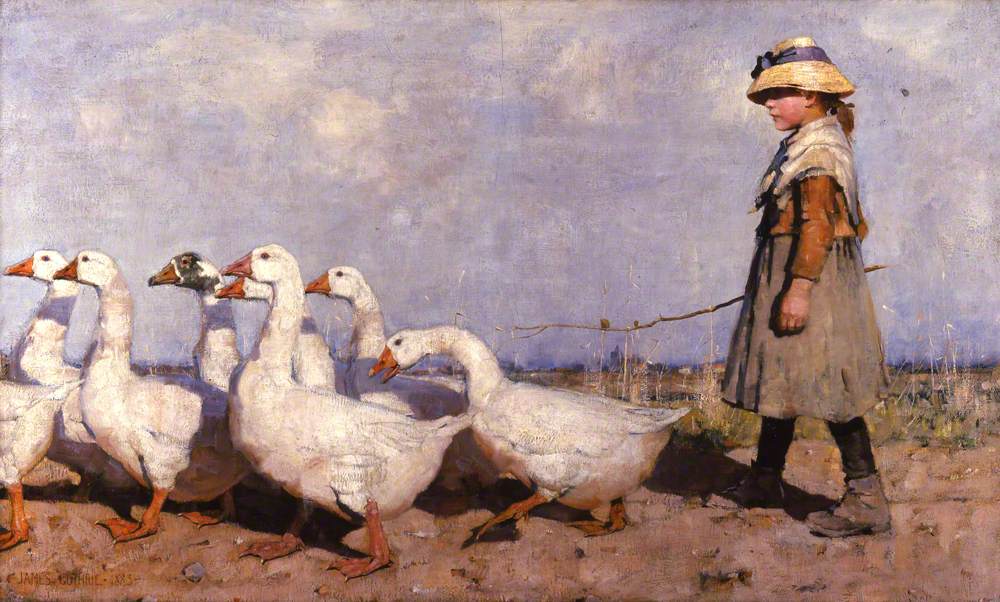
Teaching Tips
Terms started for Dutch universities on the 5th of September but many British universities only go back this week. For some universities this is the Michaelmas term, coinciding with and named for the week of the 29th of September, the Feast of Saint Michael and all Angels. The original biblical association is with the archangel…
Read more
How to measure the impact of slavery on the early modern economy?
Written by Jan Luiten van Zanden NWO, the National Science Foundation of the Netherlands, has a usually rather boring glossy in which it presents the successes of the research funded by the organization. Recently, however, it published the summary of a debate, significantly printed in black and white, about the importance of the slave trade…
Read more
Made in Holland(?): Hoogovens IJmuiden/Tata Steel
Students of The Great Challenges specialisation ventured on a field trip to Tata Steel this week. The Dutch word for it, ‘schoolreisje’, makes it sound like we are back in preschool again, but this time our coach was filled with post-adolescents and even some actual adults. After some very minor delays we caught our first…
Read more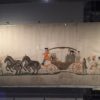
Happy New Year!
All the best wishes for 2018! On the 8th of December The Great Challenges specialisation package went on an excursion to the Hague. We visited the Scientific Council for Governmental Policy where Arthur van Riel told us about the work he does there as an economic historian. We then visited the National Archives and…
Read more
History by Numbers?
I spent the first semester of this academic year teaching a course called Growth and Inequality in a history master’s programme where we tackle quite a lot of economic history papers. I have now taught this course three times and taken it myself when I was a graduate student. The students who take this masters…
Read more
The importance of History (and broad university degrees)
As mentioned in the previous post I spent Friday and Saturday working at the open days of the History and PPE programmes. One of the things prospective history students get asked by their family and friends is what they’re going to do with their degree (the cliché question is do you want to be a…
Read more
Open days
Today I presented at the information sessions for two different degree programmes, the English language History BA we offer in Utrecht, and the new Politics, Philosophy, Economics and History (PPE+H) programme. It is always a positive experience to see new, enthusiastic students looking for the degree that will suit them best. Talking to prospective students…
Read more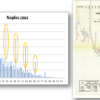
Age Heaping
Sometimes economic and social historians have to get creative when trying to answer interesting questions using historical data. One of the things we would really like to know is how skilled and/or educated people were in the past. Education, or more commonly in the economic history literature – human capital, is an important determinant of…
Read more
Hive-mind: Best Economic History articles for Bachelors students
Recently we did a hive mind exercise with the group of scholars who work in the Economic and Social history group at Utrecht University. I had been asked to look at a research methods course manual for second year undergraduate students, and provide a recommendation for an article that was quantitative in nature, reflected recent…
Read more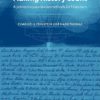
Best books for teaching quantitative methods to historians?
I have been looking into books for teaching quantitative historical methods to undergraduate students. In general the experience with exposing history students to numerical content is mixed. I therefore need a book that doesn’t presume that students would want to take a quantitative approach and which somehow makes numbers come alive in the way that…
Read more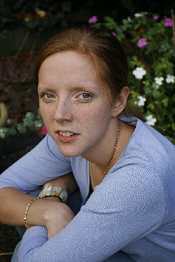
Start of a new year
The start of the new academic year is drawing ever closer and slowly Utrecht is filling up with students and university employees again. The absence of many Utrechters is most noticeable in the summer months when the bike jams at various bottlenecks shrink dramatically in size but now the exchange students are very much in evidence,…
Read more
Economic and Social History at Utrecht University
As a group the economic and social historians at Utrecht University are actively involved in a number of different educational programmes. In all our courses we confront students with the relevance of historical research for current-day problems and highlight the use of interdisciplinary methods. Maarten Prak delivers a number of the lectures and has long…
Read more
